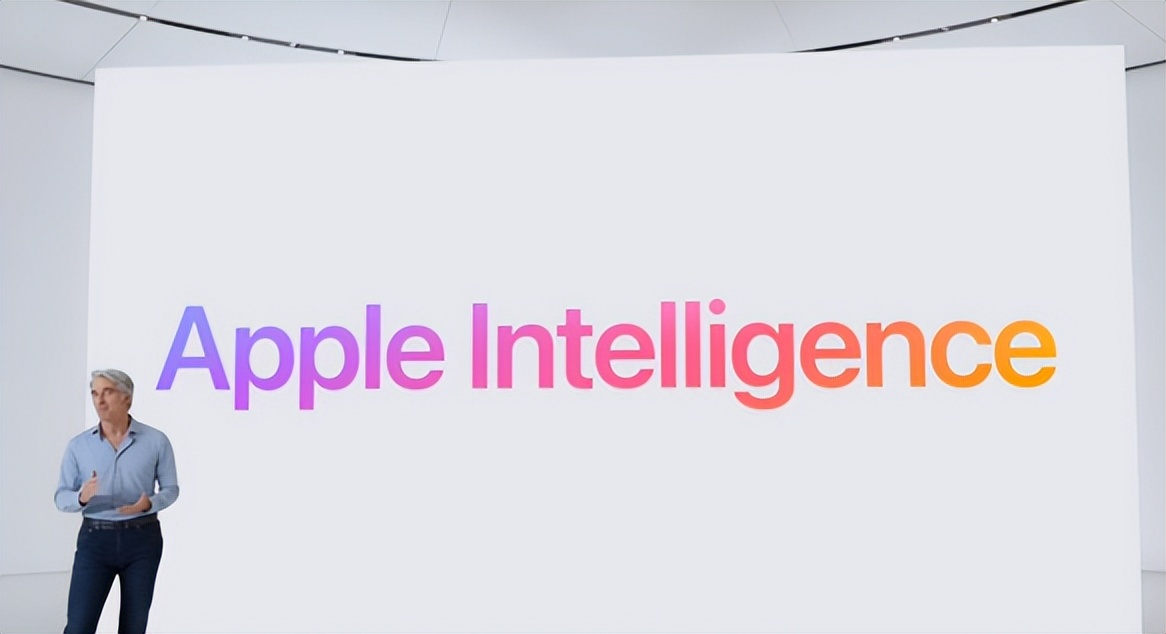iOS18.1 officially launches key features, and the release date for the Chinese version has been confirmed!
![]() 10/29 2024
10/29 2024
![]() 639
639
When any mobile phone manufacturer launches any model, they will highlight some features to attract users' attention, regardless of whether it is high, medium, or low-end. However, high-end flagship models tend to exhibit these characteristics more prominently. For instance, Apple's iPhone 16 series, launched in September this year, prominently features Apple Intelligence (AI). Some might argue that domestic phones have supported AI for a while now, making Apple's AI a bit late to the game. In reality, most domestic phone AI differs significantly from Apple's. One provides AI functionality through software algorithms, while the other integrates native generative AI deeply into the system's foundation.
Today, Apple officially released the iOS18.1 final version, marking the official launch of the Apple Intelligence feature. Initially, support is available in Europe and North America. Meanwhile, Apple officially stated that Chinese language support will be officially added in April 2025, effectively putting an end to speculation. However, why is there such a significant delay compared to the international release? I've discussed this before.

AI functionality is indeed a trending phenomenon, but implementing it domestically involves numerous necessary review processes, potentially leading to delays. So, how does Apple Intelligence enhance the iPhone user experience? Apple's official statement today outlined key benefits, including a more comprehensive Siri, system-level AI creation, intelligent AI image processing, and deep integration with third-party apps.
As you may know, Tim Cook recently visited China for a series of activities, fueling speculation that this trip was tied to the final rollout of Apple AI. All parties are accelerating efforts in this direction. While the Chinese language release date has been announced, advances in progress could potentially lead to an earlier launch. In fact, many potential iPhone 16 buyers are waiting for confirmation on Apple AI, and with official confirmation, even casual users can now rest assured.

Some users may not perceive the impact of AI functionality as strongly, but AI permeates many aspects of smartphone usage. Although Apple entered this field later, its experience should be commendable. Naturally, there will be differences between the Chinese and international versions of iPhone AI, primarily due to different AI sources, which is understandable. While domestic manufacturers are developing AI, it's not difficult to guess which ones might collaborate with Apple. This requires a substantial data foundation in internet search engines, making Baidu a natural partner for Apple.
Rumors suggest that next year's iPhone SE4 will also support Apple AI and likely start at under $400. If you're not in a rush to upgrade, you might want to wait and see. As for the experience, you can initially refer to feedback from international users, which seems to be mostly positive.

Since 8GB of RAM is the minimum requirement for using Apple AI, rumors suggest that next year's iPhone 17 will upgrade to 12GB of RAM, making it even more enticing to wait.






